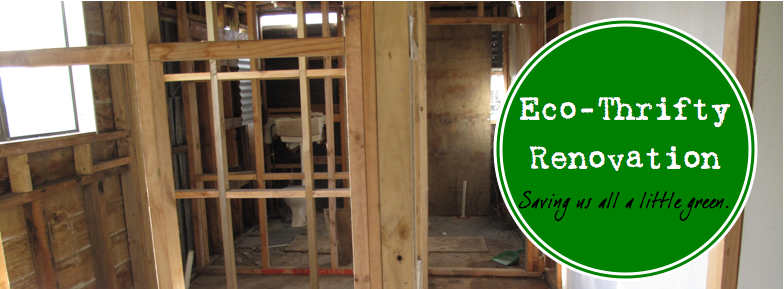

Almost 90% of households will be rationing their energy use this winter to save money on bills, according to new research fromuSwitch.com
This means over 20 million households could well be switching off or turning down their heating this winter.
Energy prices have risen by over 20% in the last year. As a result nearly 90% of people are now worried about their fuel costs as we approach what’s predicted to be a particularly cold winter.
It also means that energy bills now cause more worry than food bills, petrol prices, council tax and mortgage or rent.
Last winter over half of all households went without heating at some point to keep their energy costs down.
Some reduced the number of hot baths or showers they took, others bought less food or cut back on lighting or even went without hot dinners or sacrificed buying medicines just so that they could pay their heating bills.
Household disposable income has been hit hard with 90% of households believing that their disposable income has reduced because of rising energy prices.
The worry is that growing numbers are finding themselves with debt problems with over one in three households struggling to pay their essential bills and have turned to debt to cover them

The Little House That Could (TLHTC) is a model for whole community sustainability education based on eco-renovation and permaculture food production. It engages school children from the earliest grades all the way through senior citizens with local, tangible, affordable and realistic approaches to ecological, economic and social sustainability. The programme emphasizes ecological literacy, thermodynamic literacy and financial literacy.
At the primary school level, teachers are trained in high quality cross-curricular approaches to topics such as solar energy, growing food, recycling and composting. At the intermediate and high school levels, teachers are encouraged to get students to "think globally and act locally" through systems thinking exercises and carefully planned field trips to TLHTC site. Adult education includes hands-on workshops on passive solar design, energy efficiency, solar cooking, permaculture design and low-input/high-productivity gardening. And TLHTC reaches older residents with less mobility through PowerPoint presentations at seniors clubs and rest homes. On a global scale, TLHTC maintains an educational blog, a Facebook page and Twitter account.
Every community on Earth has a run down house with a yard full of weeds. Therefore, every community could be a TLHTC community. Through online networking and sharing, we just might achieve a Little Planet That Could. This programme holds great promise due to it's low costs and high quality and effectiveness.
We continue to seek out partners in all of our initiatives. Please contact us with your interest.
On a final note, warm thoughts go out to my home town.



No comments:
Post a Comment